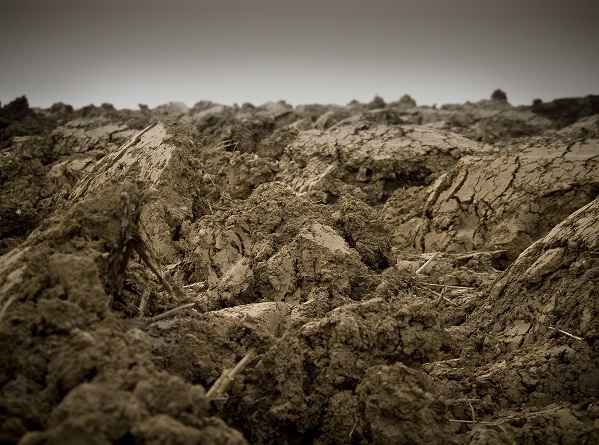Particle size distribution analysis
Mar 23, 2021
ALS laboratories provide determination of grain size of solid samples, especially in soils, aggregates, sludges and sediments using combination of sieves, sedimentation methods such as hydrometer or pipette method and laser diffraction method.
The decision which method should be employed is based on the size of grains present in particular sample and also on the matrix of the sample.
Sieve analysis types
Particles of larger size (above 0.063 mm) are usually determined by sieving. We distinguish between wet and dry sieving.
Wet sieving: This method is suitable for unconsolidated clastic sedimentary rocks, coarse-grained soils. A known amount of dried sample is dissolved in water and divided into a series of sieves, with different mesh diameters from the coarsest to the finest. After washing, drying and weighing, we determine the number of relevant grain classes on each sieve.
Dry sieving: This method is particularly suitable for bulk materials and water-soluble substances. A known amount of dried sample is sieved directly on a series of sieves with different mesh diameters from the coarsest to the finest. After weighing, we determine the number of relevant grain classes on each sieve. Sieving procedure is can be carried out manually or by a machine.

Determination of particles smaller than 0.063 mm
Smaller particles can be determined by sedimentation methods (pipette or hydrometer) or by laser diffraction method. ALS laboratories provide both types of method, with hydrometer and with laser diffraction.
Aerometric (hydrometer) method: the aerometric analysis applies Stokes’s law, which governs the terminal velocity at which spherical particles settle through a column of fluid. The analysis begins after thoroughly mixing the sediment and water, after which particles settle out of the water column according to Stokes’s law. The density of a sediment-water suspension depends on the concentration and specific gravity of the sediments present in the mixture. If the suspension is allowed to stand, particles will settle out of the suspension and the density of the sediment-water suspension will decrease. A hydrometer measures the density of the suspension at a known depth below the surface.
Laser diffraction method: the principle of this method is that particles of a given size diffract light through a given angle. The angle of diffraction is inversely proportional to particle size, and the intensity of the diffracted beam at any angle is a measure of the number of particles.
Methods characteristics
It is known that sedimentation methods are time consuming (each sample needs 24 hours for sedimentation) and demand quite large amount of sample (approx. 4x more than for laser diffraction) compared to the laser diffraction method, which allows to analyze smaller samples in a shorter time.
Comparison of SA (sand fraction), SI (silt fraction) and CL (clay fraction) results based on real samples of soil obtained by SHM (sieving hydrometer/aerometric method) and by LDM (laser diffraction method) shows that sieve aerometric method and laser diffraction method provide similar results for sand fraction.
Laser diffraction method may underestimate clay content in samples with higher clay ratio. The use of corrective equations may decrease differences between clay and silt content determined by SHM and LDM methods, nevertheless the results still cannot be reported as equal.
ALS services in the field of particle size distribution analyzes
Our laboratories provide a variety of different types of particle size distribution analyzes with a wide range of different size fractions to choose from. The assay covers particle sizes from <0.002 mm to > 63 mm. Based on your needs we provide determination by a combination of sieve analysis with both the laser diffraction and the aerometric methods.
If you have requests for reliable accredited particle size distribution analyzes or consultation in the field of laboratory analysis, do not hesitate to contact us at tel. +420 226 226 228 or by e-mail at customer.support@alsglobal.com.

